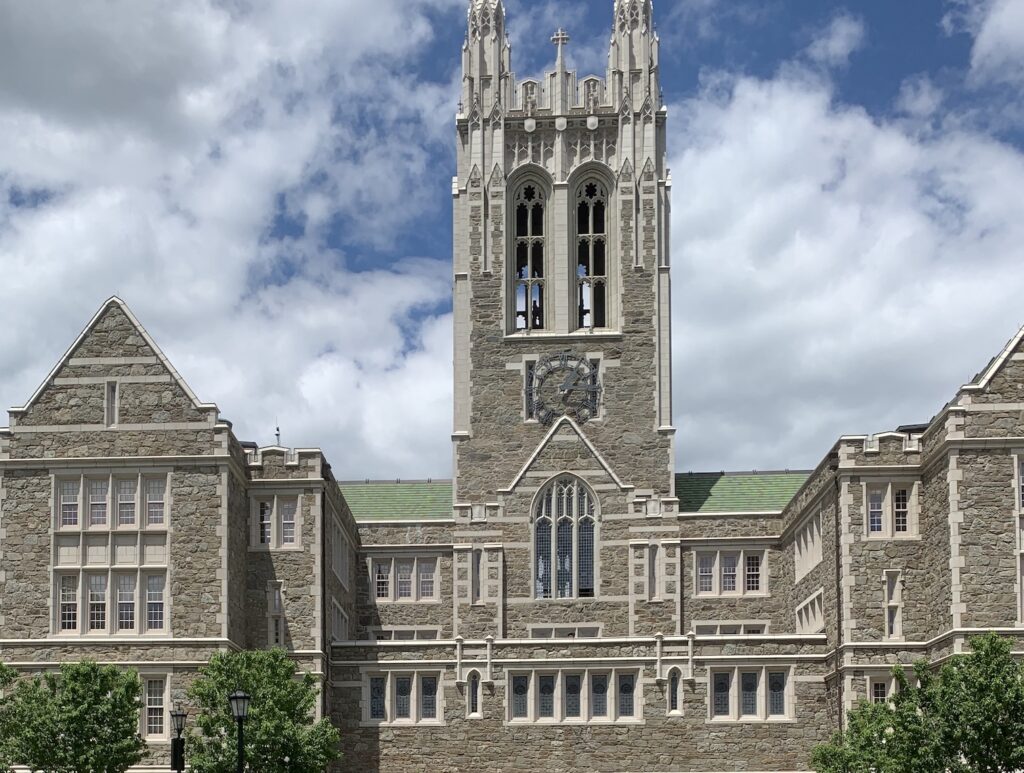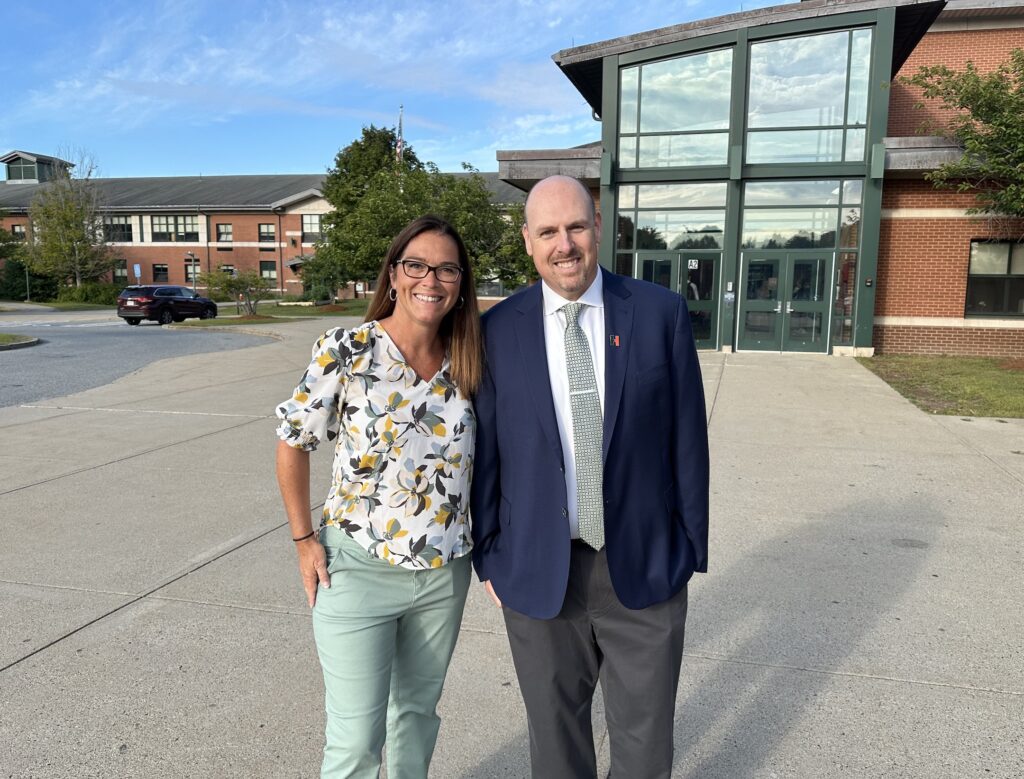A three-year special education staffing proposal was the focus of Monday night’s School Committee meeting.
The presentation, given by Superintendent Carol Cavanaugh, Director of Student Services Karen Zaleski and Marathon Elementary School Principal Lauren Dubeau, reflected recommendations by consultants who studied the needs.
Cavanaugh said the goal is to maintain high standards with the district’s changing demographics. Although the plan recommends a restructuring of current practices, the changes are “in the best interest of our students,” the superintendent noted, and designed to “help ease transitions.”
With enrollment growth comes an increase in the number of students requiring specially designed instruction, she said.
A look at the numbers showed 586 students needing individualized educational programs (IEPs). This total is up from 483 students in 2018.
Additionally, in pre-K, it was pointed out that numbers went from 31 students to 50, a gain of 19 students or 61 percent. Nineteen students translate to three classrooms because each class can only have seven students with special needs.
With existing staff, caseloads of more than 100 students “becomes more challenging,” according to Zaleski.
Currently, the “non-student facing” staff includes a director of support services and four team chairs — one each for the middle school, high school and Marathon and another for Hopkins and Elmwood.
In the proposal, the team chair positions would be restructured into a SPED coordinator for Grades K-2 and another for Grades 3-5.
The recommendations also call for the additional positions of pre-K director and SPED director of curriculum, instruction and assessment across Grades K-5. The expected cost would be $210,000.
During the first year, 2022-23, the new positions would be covered by grants. In 2023-24, however, the costs would have to come out of the school budget.
Also recommended during the second year of the plan would be the hiring of a part-time behavioral support person for pre-K, a part-time liaison with Marathon and three SPED paraprofessionals.
Along with a needs assessment of the SPED program in Grades 6-12, the expected budget impact would be $200,000.
During 2024-25, the focus would shift to get a transition specialist for the age 18-22 program based on enrollment at a cost of $75,000. The grant-funded program teaches life skills as individuals transition into adulthood and out of the school system.
Zaleski said the program builds community connections that can lead to meaningful employment for the young adults.
The presenters acknowledged that as enrollment grows, there could be staffing needs beyond what is included in the proposal.
School Committee member Lya Batlle-Rafferty acknowledged that an additional $410,000 in the budget would be a difficult sell to community members. She asked several questions about what happens when SPED students get into the older grades, worrying if they would receive the same level of services.
Vice Chair Amanda Fargiano asked whether they were supporting the SPED program’s growth adequately, noting that a lot of grants support it and they may not be getting a full picture.
Marathon project bid corrected
In other business, the committee corrected the amount of the bid for the Marathon School’s four-classroom addition accepted during a previous meeting.
The general contractor bid from Mill City was presented as $3,720,149 when it should have been $3,992,152 pending funding. The latter figure reflects the rebid amount of the electrical filed sub bid, which is folded into the general contractor total.
A Special Town Meeting on Aug.18 will vote whether to approve an additional $850,000 in funding for the project. The money would come out of the department’s Legacy Farms Fund and not affect taxpayers, according to the committee.
Elmwood replacement project designer chosen
The superintendent updated the board on the progress of the Elmwood replacement project. She noted the Massachusetts School Building Authority Designer Selection Panel chose Perkins Eastman to lead the potential project — assuming it gets final approval — based on the company’s experience in the design and construction of schools across the state.
Representing the district on the panel were Cavanaugh and Elementary School Building Committee representatives Michael Shepard and Tiffany Ostrander.





















0 Comments